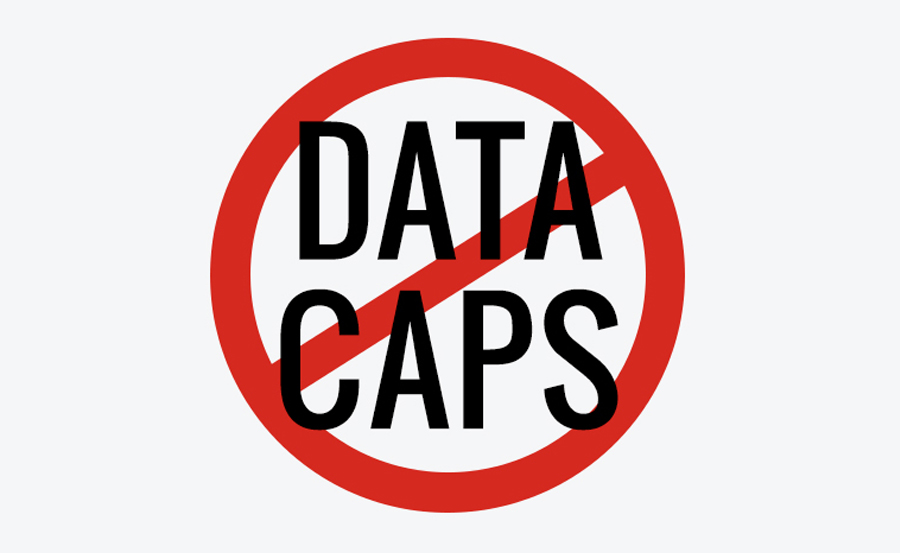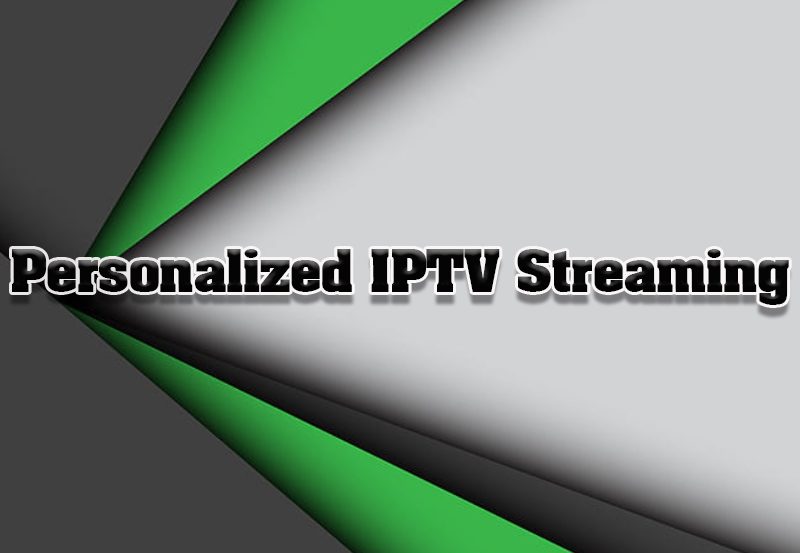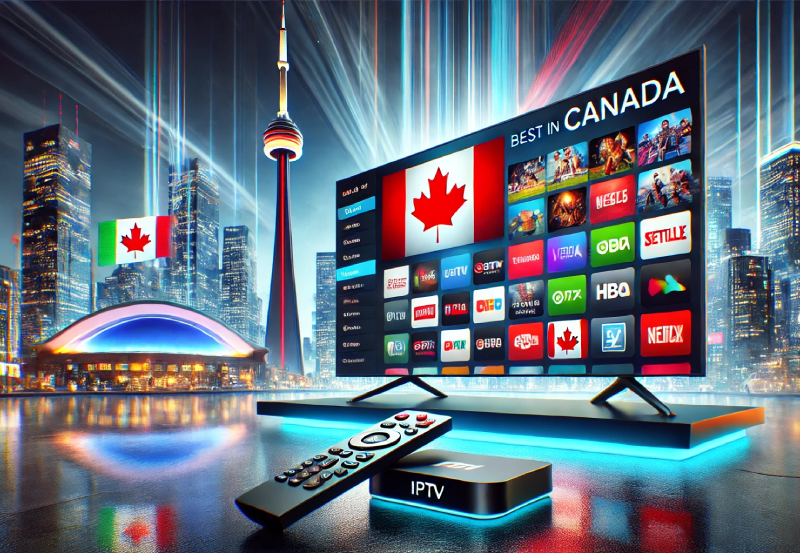IPTV, or Internet Protocol Television, delivers television content via the internet rather than traditional cable or satellite methods. The legality of IPTV services depends on whether they have obtained proper rights to broadcast content. While some IPTV services operate legally, others offer pirated content without authorization.
1 Month IPTV Subscription – Buy Now
Consumers should be aware of the legal status of their chosen IPTV service to avoid potential legal consequences. Data caps, imposed by internet service providers (ISPs), limit the amount of data a consumer can use within a billing cycle. The legality of IPTV is not directly related to data usage.
All streamed content, regardless of its legal status, counts towards data caps. Consumers using IPTV should monitor their data usage to avoid exceeding caps, which can result in additional fees or reduced internet speeds. In summary, the legality of IPTV and data caps are separate issues.
IPTV legality depends on content rights, while data caps are ISP-imposed usage limits. Consumers should use legal IPTV services and be mindful of their data consumption to avoid exceeding caps and incurring extra charges.
IPTV and Traditional Cable TV: Understanding the Difference in Content Delivery and Data Usage
Content Delivery Methods
When comparing IPTV and traditional cable TV, one of the key differences lies in the way content is delivered. Traditional cable TV delivers content through a dedicated cable line, which does not count towards data usage as it is separate from internet data. On the other hand, IPTV delivers content over the internet, which means that it does count towards data usage.
Data Usage Concerns
IPTV typically uses more data than traditional cable TV, as streaming high-definition content over the internet requires a significant amount of data. This can be a concern for consumers who have limited data caps imposed by their ISPs. It’s essential for consumers to be aware of their data usage when using IPTV and to consider upgrading their internet plans if necessary to accommodate the increased data usage.
Key Takeaways
In summary, IPTV and traditional cable TV differ in the way content is delivered and its impact on data usage. Consumers should be mindful of their data caps and consider upgrading their internet plans if necessary to accommodate the increased data usage associated with IPTV.
Key Takeaways
- Understanding the legality of IPTV and its relation to data caps is important for users to avoid potential legal issues.
- IPTV generally consumes less data compared to traditional cable TV, making it a more data-friendly option for users with data caps.
- Streaming services can significantly impact data usage, and users should consider managing their streaming quality to control data consumption.
- Internet speed directly affects data usage for IPTV, and optimizing internet settings can help reduce data usage.
- Data caps can limit the amount of IPTV content users can consume, and understanding these limits is crucial for managing usage effectively.
- Implementing data-saving strategies and monitoring usage can help users manage their data effectively while using IPTV.
- Managing data usage with IPTV requires a combination of understanding legalities, choosing the right service, optimizing internet settings, and implementing data-saving strategies.
The rise of streaming services has revolutionized the way we consume entertainment, but it has also had a significant impact on data usage. Streaming services such as Netflix, Hulu, and Amazon Prime Video deliver content over the internet, which means that they contribute to data usage. The increasing popularity of streaming services has led to a surge in data consumption, which can be a concern for consumers with limited data caps.
To manage data usage while using streaming IPTV services, consumers can take several steps to optimize their viewing experience. One option is to adjust the video quality settings on streaming platforms to reduce the amount of data being used. For example, lowering the resolution from high-definition to standard definition can significantly reduce data consumption.
Additionally, consumers can schedule downloads during off-peak hours when internet traffic is lower to avoid straining their data caps. In conclusion, streaming services have had a significant impact on data usage, and consumers should take steps to manage their data consumption while using these services. Adjusting video quality settings and scheduling downloads during off-peak hours are effective strategies for optimizing data usage.
Internet Speed: How internet speed affects data usage and ways to optimize it for IPTV
Internet speed plays a crucial role in determining the quality of the viewing experience when using IPTV. Higher internet speeds allow for smoother streaming and better video quality, but they also result in increased data usage. This means that consumers with faster internet connections may consume more data when using IPTV compared to those with slower connections.
To optimize internet speed for IPTV, consumers can consider upgrading their internet plans to higher speeds if they frequently experience buffering or poor video quality. However, it’s important to be mindful of the potential increase in data usage that comes with higher internet speeds. Additionally, consumers can optimize their home network by using a wired connection instead of Wi-Fi, which can provide a more stable and reliable connection for streaming content.
In summary, internet speed has a direct impact on data usage when using IPTV, and consumers should consider upgrading their internet plans if necessary to optimize their viewing experience. Using a wired connection can also help improve the stability of the connection for streaming content.
Data Cap: Understanding what data caps are and how they affect IPTV usage
Data caps are limits imposed by ISPs on the amount of data that consumers can use within a given billing cycle. Exceeding data caps can result in additional fees or reduced internet speeds, which can be a concern for consumers who use IPTV regularly. It’s important for consumers to understand their data caps and monitor their data usage to avoid exceeding these limits.
To manage data caps while using IPTV, consumers can take several steps to minimize their data consumption. This includes adjusting video quality settings on streaming platforms to reduce the amount of data being used and scheduling downloads during off-peak hours when internet traffic is lower. Additionally, consumers can consider upgrading their internet plans to higher data caps if they frequently exceed their current limits.
In conclusion, data caps can have a significant impact on IPTV usage, and consumers should take steps to manage their data consumption to avoid exceeding these limits. Adjusting video quality settings and scheduling downloads during off-peak hours are effective strategies for minimizing data usage.
Managing Your Usage: Tips and strategies for managing your data usage while using IPTV
Monitor Your Data Consumption
Managing data usage while using IPTV is essential for avoiding exceeding data caps and incurring additional fees or reduced internet speeds. One effective strategy for managing data usage is to monitor consumption regularly using tools provided by ISPs or third-party applications. This allows consumers to track their usage and make adjustments as needed to avoid exceeding their limits.
Be Aware of Background Processes
Another tip for managing data usage is to be mindful of background processes that may be consuming data without the user’s knowledge. For example, automatic updates for software and applications can contribute to data usage without the user realizing it. Disabling automatic updates or scheduling them during off-peak hours can help minimize unnecessary data consumption.
Effective Strategies for Data Management
In summary, managing data usage while using IPTV is crucial for avoiding exceeding data caps and incurring additional fees or reduced internet speeds. Regularly monitoring consumption and being mindful of background processes are effective strategies for managing data usage.
Summarizing the key points and offering final thoughts on managing data usage with IPTV
In conclusion, understanding the legality of IPTV and its impact on data caps is essential for consumers who use this service regularly. It’s important to ensure that the IPTV service being used is legal and to be mindful of data usage to avoid exceeding limits imposed by ISPs. When comparing IPTV with traditional cable TV, it’s clear that IPTV typically uses more data due to its delivery over the internet.
Consumers should consider upgrading their internet plans if necessary to accommodate the increased data usage associated with IPTV. The rise of streaming services has had a significant impact on data usage, but consumers can take steps to manage their consumption by adjusting video quality settings and scheduling downloads during off-peak hours. Internet speed plays a crucial role in determining the quality of the viewing experience when using IPTV, and consumers should consider upgrading their plans if necessary while being mindful of potential increases in data usage.
Data caps are limits imposed by ISPs on the amount of data that consumers can use within a given billing cycle, and managing consumption is essential for avoiding exceeding these limits. Managing data usage while using IPTV is crucial for avoiding exceeding data caps and incurring additional fees or reduced internet speeds. Regularly monitoring consumption and being mindful of background processes are effective strategies for managing data usage.
In summary, understanding the impact of IPTV on data usage and taking steps to manage consumption are essential for consumers who use this service regularly. By being mindful of these factors, consumers can optimize their viewing experience while avoiding exceeding data caps and incurring additional fees or reduced internet speeds.
If you’re interested in learning more about IPTV and how to set it up, you should check out this article on how to set up IPTV on RIPTV. It provides a step-by-step guide on how to get started with IPTV and make the most of your streaming experience. Understanding how to properly set up and manage your IPTV service can also help you avoid exceeding data caps and effectively manage your usage.





